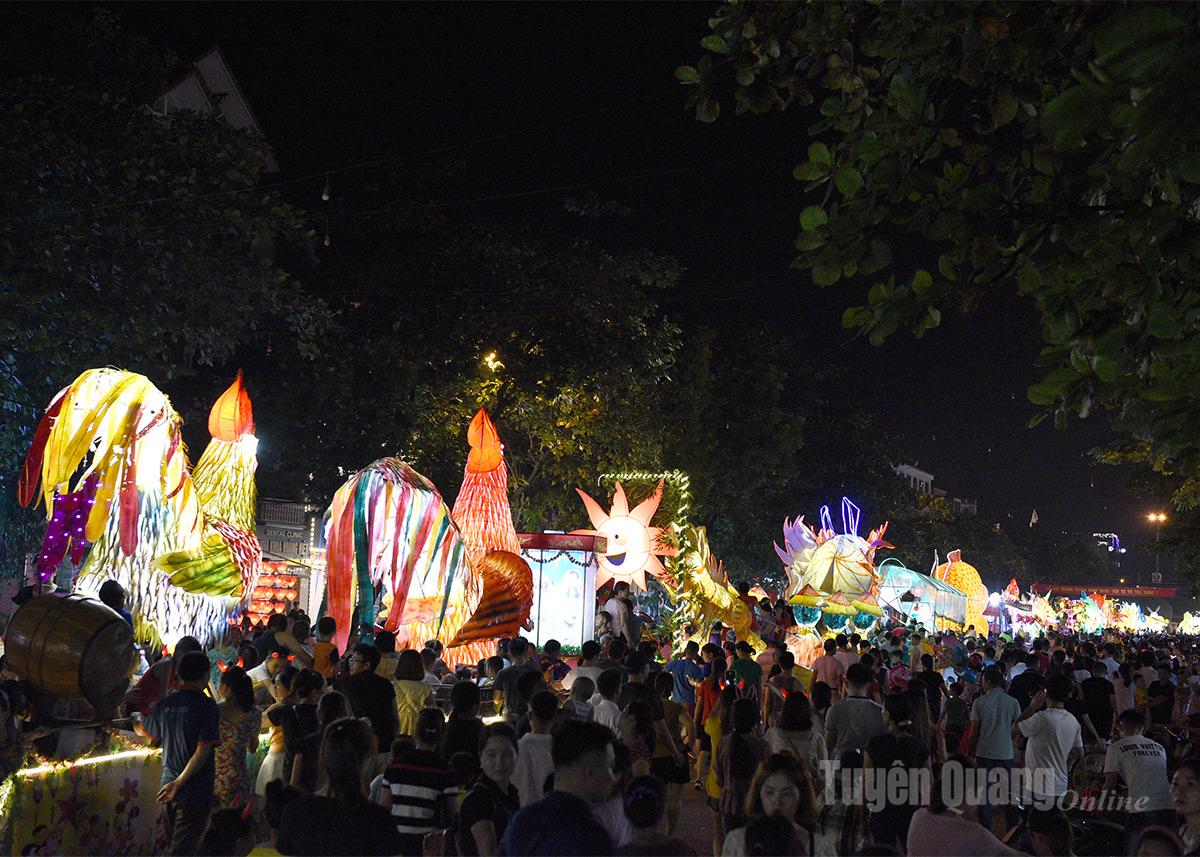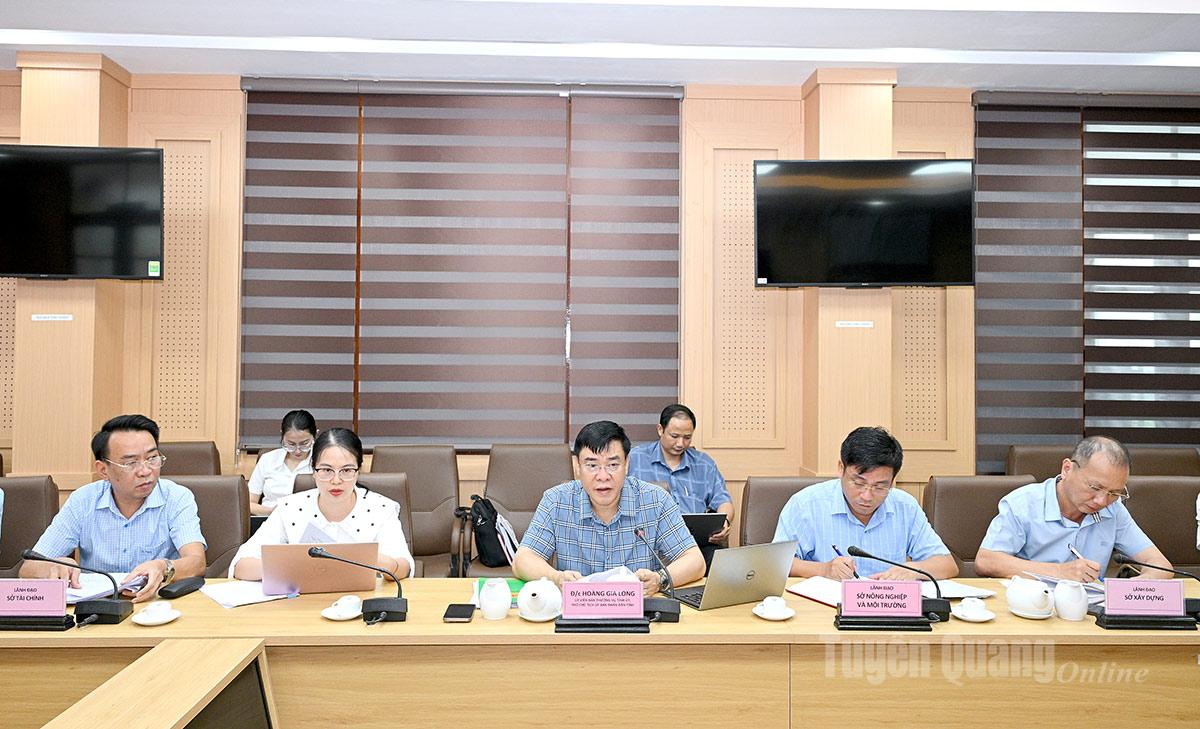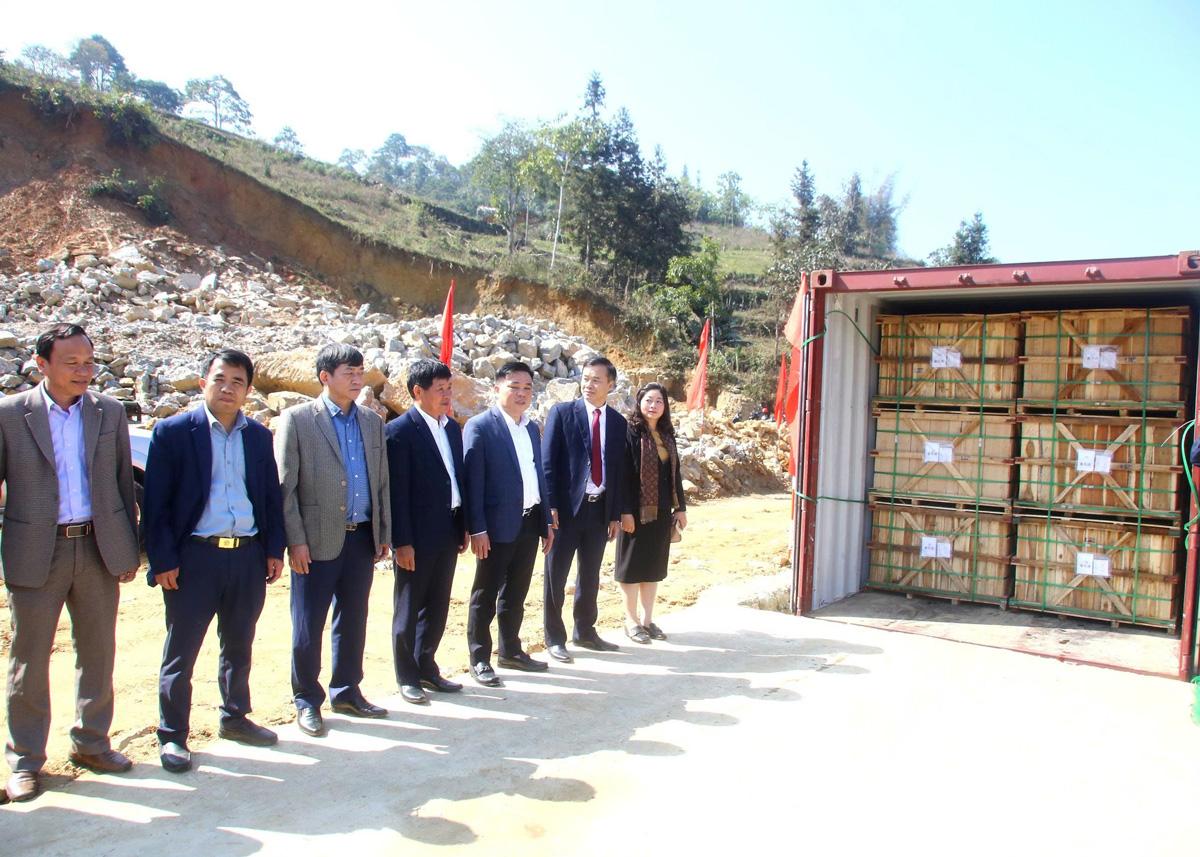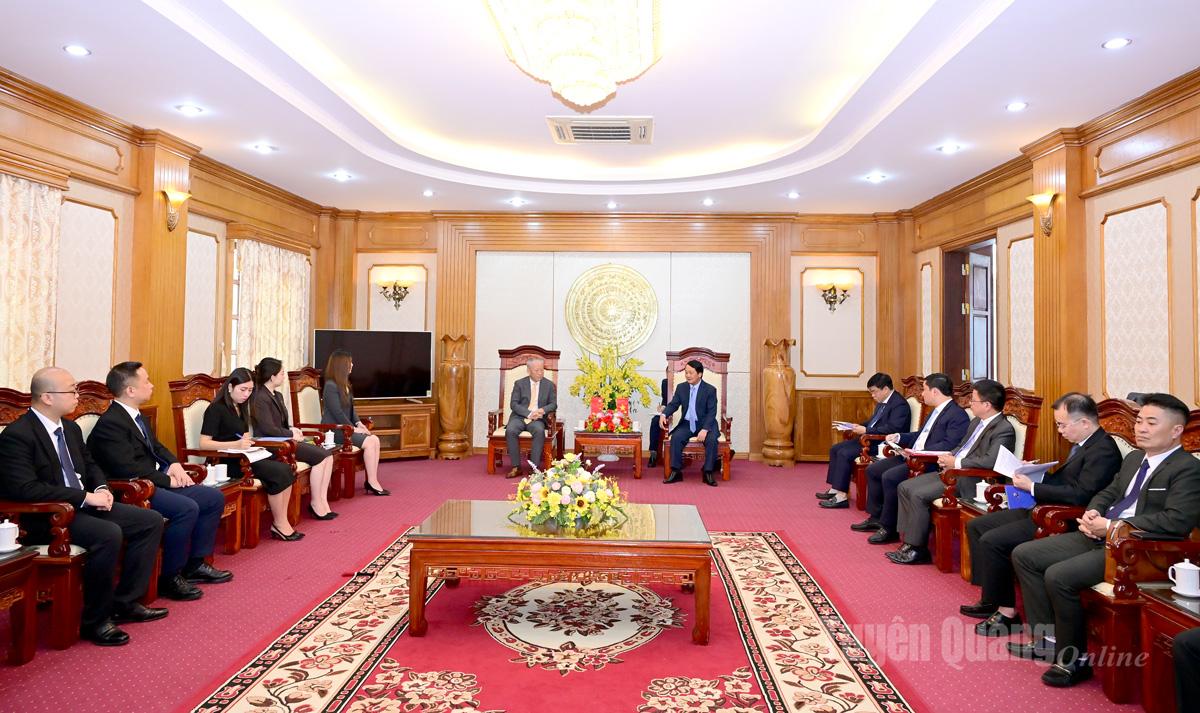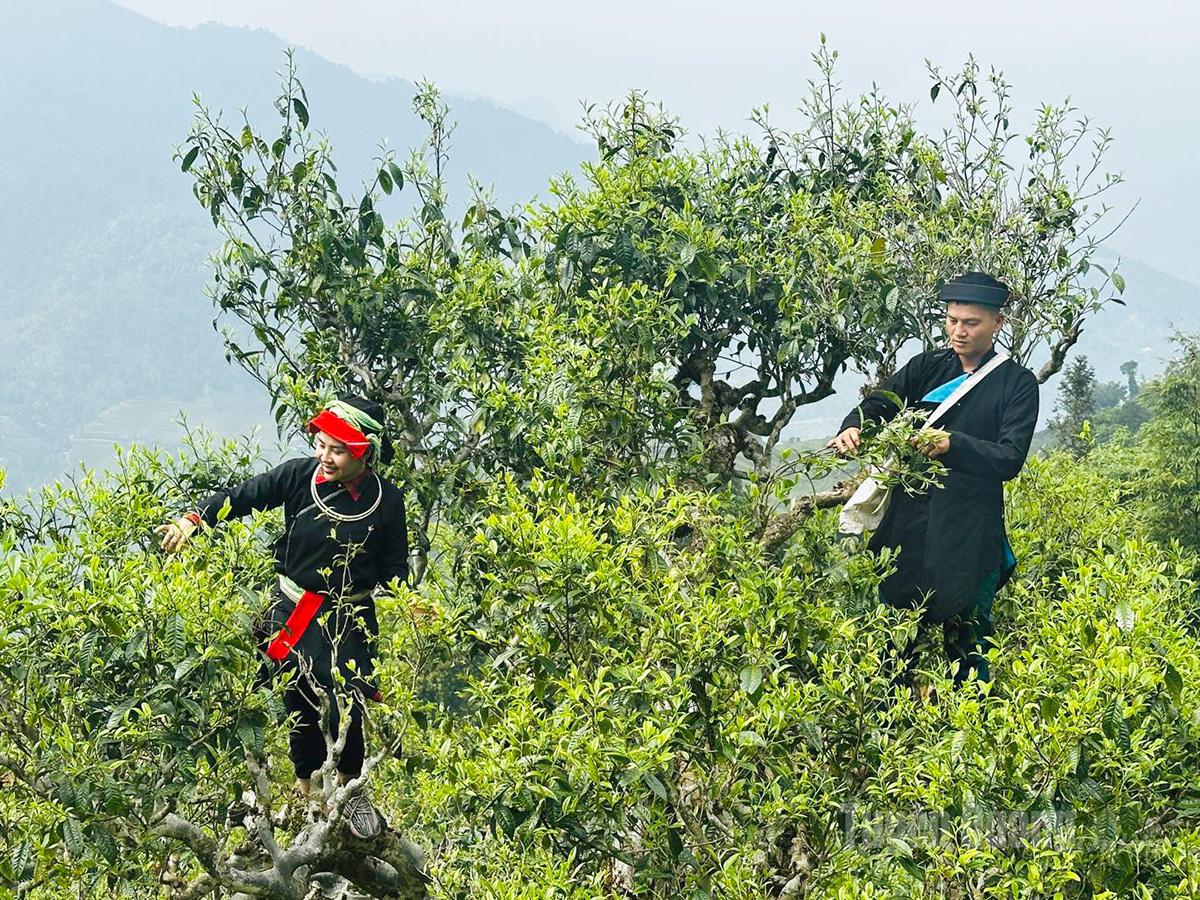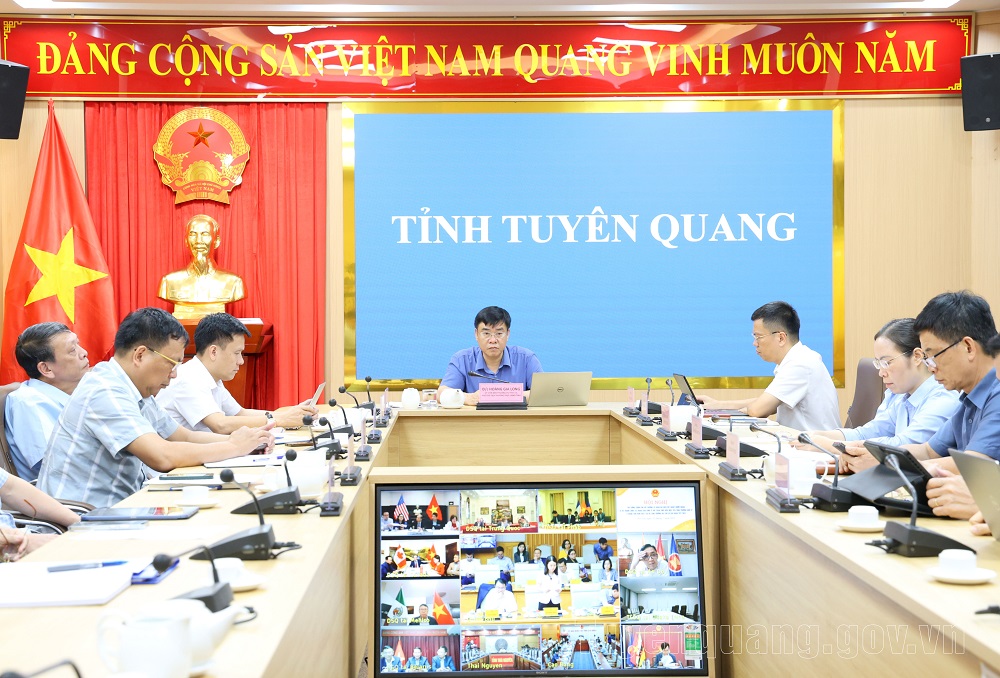
A tea plantation in Yen Son district, Tuyen Quang province
A standout example is the Homestay 99 Mountains Cooperative, led by Hoa Van Ba in Na Tong village, Thuong Lam commune, Lam Binh district. Originally a small, family-run homestay, the establishment has transformed into a cooperative, earning a 4-star OCOP certification and currently working towards a 5-star rating. In addition to offering accommodation, the cooperative collaborates with local farmers to cultivate forest vegetables and raise free-range pigs and chickens, ensuring fresh, high-quality produce for visitors. Each year, the cooperative welcomes around 3,000 domestic and international visitors, with an average monthly income exceeding VND 20 million for each member.
Other successful models across the province include the Son Tra Cooperative in Na Hang district, which combines Shan tea processing with visitor experiences such as tea harvesting and scenic check-ins. The Tam Huong Cooperative, also in Na Hang, integrates clean agricultural production with tourism services, while the Su Anh Tea Cooperative in Yen Son district offers tea processing and garden experiences for visitors.
These cooperatives demonstrate how rural communities can leverage local resources—traditional farming practices, natural landscapes, and cultural heritage—to diversify their economies. By fostering connections between agricultural production and tourism, they not only create unique visitor experiences but also generate stable incomes for farmers.
As these models continue to grow, they highlight the potential of rural tourism as a driver for sustainable development, showcasing the resilience and creativity of Tuyen Quang’s people in shaping a vibrant and prosperous countryside.
Nguyen Thanh Hieu
(Vietnamese source on: Tuyenquangonline)

